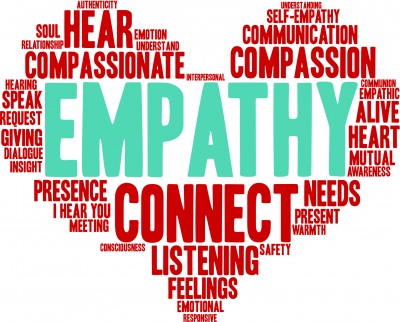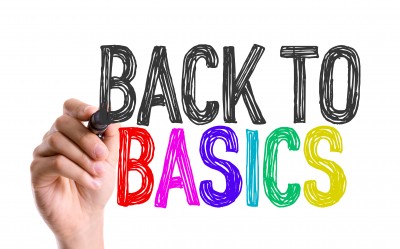Caregivers of older adults are some of the most selfless, committed people on the planet. Simply put, not everyone is cut out to be a caregiver. The problem lies in the fact that some caregivers believe they are the only ones who can care properly for their family member. This is often referred to as Caregiver Martyr Syndrome.
 I’ve talked about this martyr syndrome many times over the years when speaking to family caregivers. Often I get an inquisitive look – like “Wow” she just called me a Martyr. When I follow-up my question with assuring them that I got an A+ in the school of caregiver martyrdom, I would hear and feel sighs of relief, as if I had just given them permission to be honest with themselves.
I’ve talked about this martyr syndrome many times over the years when speaking to family caregivers. Often I get an inquisitive look – like “Wow” she just called me a Martyr. When I follow-up my question with assuring them that I got an A+ in the school of caregiver martyrdom, I would hear and feel sighs of relief, as if I had just given them permission to be honest with themselves.
Caregiver martyrs are certain that they are the ONLY ones who can properly care for their loved one. Because they are such caring and selfless souls, they become intertwined in the needs and desires of their loved one, so much so that it could easily be confused with co-dependence. So, if a caregiver believes “I am the only one that can properly care for mom”, then guess what happens?
- Other family members and friends become “inadequate” to care for your loved one. This spells resentment and stirs up anger among the caring circle.
- Caregiver martyrs take on more and more responsibility, often to the detriment of their own needs or those of their family.
- As this snowball continues, caregivers isolate themselves (and their loved one ) from many people who are willing (and able) to help in the care of their loved one.
Martyrs need to step back and reflect – then get out a paper and pen, listing all of the things they do for their loved one AND all of their other life responsibilities. When I ask caregivers to do this, they are often shocked to see all they have taken on. Then the big question:
Is it really possible for anyone to take on this much responsibility and do it well? The answer is clearly NO. So the next step is to allow others to help by taking on some of these tasks, whether they are things that must be done every day, every week or every month. Go back to your caring circle and allow each of them the blessing of choosing something that will lighten your load.
Being open to accept help, and realizing that you are not the only person on the planet who can provide good care for your loved one may be the greatest gift you can give to yourself, your family members, friends, and most of all your care receiver.
Pam Brandon is President/Founder of AGE-u-cate® Training Institute. Caring for her own parents transformed her life purpose to help others who are caring for older adults. Creator of the Dementia Live™️ Experience, this program is helping thousands of caregivers in the US and abroad to better understand people living with dementia.
 Neurological research substantiates that human beings appear to be “wired” to be empathetic. In other words, we all have an innate ability to be empathetic. Would empathy training in dementia care provide a strong foundation tool for front line staff to help improve the quality of life for those living with dementia?
Neurological research substantiates that human beings appear to be “wired” to be empathetic. In other words, we all have an innate ability to be empathetic. Would empathy training in dementia care provide a strong foundation tool for front line staff to help improve the quality of life for those living with dementia? The number of older adults with dementia is forecast to more than double in the next 40 years. Training people to care for these individuals – both professionals and families is paramount in improving the quality of life for the caregiver as well as the care receiver. Is it time to get back to basics in our approach to education and training?
The number of older adults with dementia is forecast to more than double in the next 40 years. Training people to care for these individuals – both professionals and families is paramount in improving the quality of life for the caregiver as well as the care receiver. Is it time to get back to basics in our approach to education and training? Losing sleep, poor eating habits, irritability or short tempered – these symptoms may start small and snowball quickly into what is referred to as caregiver burnout. Professionals and families need to know what to look for and how to help caregivers. It’s a serious matter and growing, as more families are caring for their loved ones at home with little or no help.
Losing sleep, poor eating habits, irritability or short tempered – these symptoms may start small and snowball quickly into what is referred to as caregiver burnout. Professionals and families need to know what to look for and how to help caregivers. It’s a serious matter and growing, as more families are caring for their loved ones at home with little or no help.